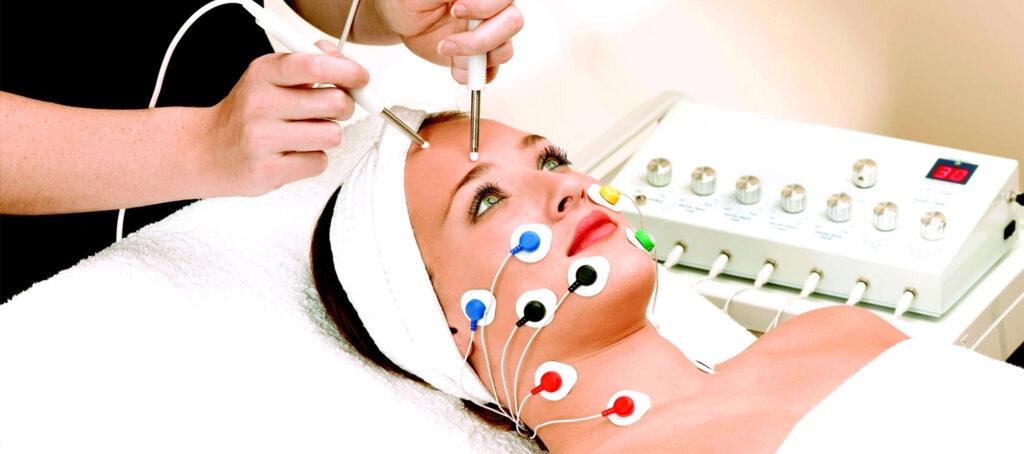Medical Electrodes: The Significant Role of Market Insights in Medicine and Healthcare A Closer Look

Types of Medical Electrodes
There are several different types of medical electro that serve various purposes in patient monitoring and treatment. The key types include:
Surface Electrodes - Medical Electrodes are the most common type and are placed directly on the skin. They are used to monitor heart rate, respiration rate, brainwaves and muscle activity. Surface electrodes come pre-gelled and self-adhesive for easy application.
Needle Electrodes - As the name suggests, these electrodes have a needle-like tip that is inserted under the skin. They provide a more direct connection and are used when more localized signals need to be monitored, like in electromyography tests.
Deep Brain Stimulation Electrodes - Used in neurosurgical procedures like deep brain stimulation therapy for conditions like Parkinson's disease. These thin flexible electrodes are implanted directly into specific areas of the brain.
Pacemaker Electrodes - Thin insulated wires with electrode tips that are connected to an implanted pacemaker device. One end is placed in the right ventricle of the heart to deliver electrical pulses and regulate heart rhythm.
Cochlear Implant Electrodes - Part of cochlear implants to restore hearing in those with severe to profound hearing loss. An array of tiny electrodes is inserted into the cochlea of the inner ear.
Applications of Medical Electro
Medical electrodes have a wide variety of clinical applications due to their ability to interface between electrical signals in the body and external medical devices:
Electrocardiography (ECG) - Used to measure and record the electrical activity of the heart over time via surface electrodes placed on the limbs and chest. This provides important diagnostic information.
Electroencephalography (EEG) - Places electrodes on the scalp to detect brain wave patterns and help diagnose seizures, tumors and other neurological conditions.
Electromyography (EMG) - Measures electrical activity produced by skeletal muscles. Useful for diagnosing neuromuscular disorders.
Pacemakers - Regulate abnormal heart rhythms through electrical pulses delivered via electrodes in the heart.
Deep Brain Stimulation - Delivers electrical pulses to targeted areas of the brain for movement disorders, chronic pain and other applications.
Event Monitoring - Ambulatory continuous rhythm monitoring with patch-like electrodes to detect arrhythmias.
Neurofeedback - Helps retrain brain activity and treat conditions like ADHD using real-time EEG recordings from electrodes.
Get More Insights on- Medical Electrodes
- Industry
- Art
- Causes
- Crafts
- Dance
- Drinks
- Film
- Fitness
- Food
- Jeux
- Gardening
- Health
- Domicile
- Literature
- Music
- Networking
- Autre
- Party
- Religion
- Shopping
- Sports
- Theater
- Wellness
- News


